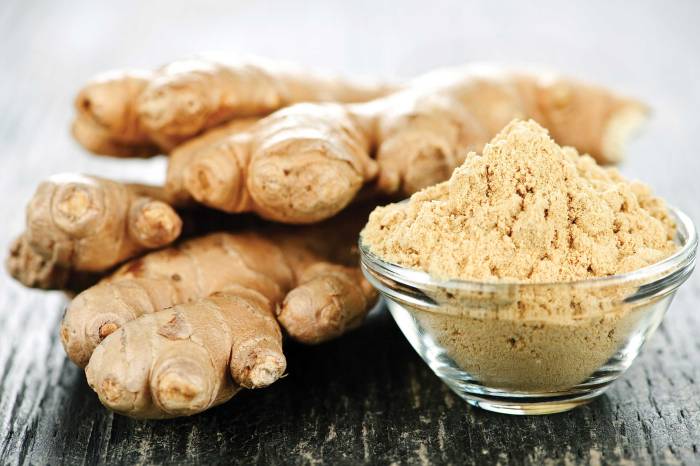Herbal medicines have always been a good alternative to mass produced medicines today, but there are still sceptics who denounce the validity of natural medicines in curing common aches and pains. Throughout human history it is believed that our ancestors used herbal plants for diseases, and now a day these plants are still the basis for medicine and medical treatments. Modern medicine does in fact use of plant-derived compounds being the basis for pharmaceutical medicines and as well as phytotherapy—which is the study of natural plant extracts as medicines and supplements. One of the well-known herbal medicines to date is the ginger pills, which is very popular among those who have stomach problems.
What are “ginger pills?
Ginger is a rhizome or a rootstock that is usually used as a spice for food, and sometimes consumed as a delicacy in some countries. This is native to the southern part of China and is widely spread out in Asia. Ginger pills are a product of this and they are one of the most bought dietary supplements to date, but that’s not the only purpose of these pills. These are also known as being medicines for upset stomachs and as well as a cure for motion sickness, inflammation, sore throats, and as a pain reliever. Powdered ginger can be placed inside a capsule or can be hardened into a table are the usual forms of ginger pills.
Why do people take ginger pills?
This rootstock aid in digestion and saliva flow, thus it reduces nausea, vomiting, and stomach cramps due to indigestion. It also soothes muscle pains such as arthritis, muscle pains, joints, and even menstrual cramps among women. Taking ginger pills also help in vertigo, but it is not advisable for pregnant women to take too much of these pills because it may cause complications. There are only a few side effects caused by taking herbal medicines, but there are still precautions to be kept in mind.
What are the side effects?
Herbal medicines are infamous for causing no side effects that is why people mostly turn to these types of medicines as an alternative to pharmaceutical ones. Some side effects of ginger pills are the following:
- Heartburn
- Irritation of the mouth
- Diarrhea
- Bleeding disorders
- Worsening of heart conditions
The intake of ginger pills for pregnant women, women who breast-feed, and people who take other medications—such as for diabetes, blood pressure, and other blood thinning medicines—should consult a doctor before taking these pills. Regulation must also be kept in mind.
Dosing
The amount of dosages ranges from 250 mg to 500 mg capsules or tablets, specific quantities of ginger pills should depend on what kind of illness or discomfort the person is feeling. It is best to consult a doctor before consuming these ginger pills to reduce the chances of side effects and discomforts. There are dietary supplement ginger pills, but these should be taken with precaution so it still always best to ask professional advice.
At the end of it all, ginger pills and other herbal medicines are considered safer than pharmaceutical ones because of the little known side effects they cause. Also, they are cheaper and mostly more effective.
